Sharon in Elle Italia
Read the article by Francesco Magnocavallo, published online on August 8, 2018, in response to an interview with Sharon Kristjanson. Francesco is the Digital Editorial Director of Hearst Magazines Italia.
Translated below into English by Sharon Kristjanson (with apologies for inadvertent errors).
---------------------
The Password is Transformative Communication. Because we all Need to be Creative, Empathetic, and Rich in Spirit.
By Francesco Magnocavallo
Pluralism, interpersonal conflict, politics: how can we come through alive and intact?
The question is legitimate, but it’s also scary. Are we [Italians] becoming like Brazil, where the majority of citizens are now peacefully mixed-race? Or like the United States, which seems to have buried its E pluribus unum for an increasingly divided and conflictual society?
To answer this question, I asked Sharon Kristjanson. She has worked for years in Chicago as a consultant in transformative communication. Behind these big words is a woman who is a symbol of American resistance to the divisiveness of Trumpism.
Her dad was raised in an Icelandic fishing village in Manitoba, Canada. They were immigrants from the North to the North in the early 1900s, and for about twenty years these immigrants made their settlement an independent republic, New Iceland. Her mom was born and raised in Iran, from a family [that was outward-looking and well-traveled for that time. Sharon’s Persian grandfather had come to the U.S. for education in the early 1900s,] traveling through the Russian revolution and the Scandinavian countries before arriving at Ellis Island.
Sharon teaches constructive dialogue and techniques to overcome polarization in public debate. "We are no longer able to talk to each other. Especially among people with different political ideas. Even when we listen, we end up applying our personal frame of reference. We extrapolate from what we know, usually confirming our starting positions." What we lack, Sharon explained to me, is the ability to understand reality with multiple frames of reference, by exploring perspectives different from our own and allowing them to co-exist with ours. For her, growing up in six different countries, learning new ways has always been a natural thing, a matter of survival.
"I grew up in a liberal family, where the values of the left were the only ones that made sense to me. I married a conservative. In the early years of our marriage we often discussed politics, and it was fun to debate and argue. But when our children were older, we realized we could no longer speak disdainfully about opposing political views, because we were speaking about the other parent.” Sharon now calls herself a centrist but continues to teach what she learned in her private life. "Many liberals see the deep humanity of those less fortunate, the weaker strata of society, but fail to look with humanity at those who sit on the other side of the political spectrum. The same applies to the right: understanding and compassion are given only to those who see things in the same way." The lethal effect on society: mistrust, disinformation, and a grim outlook that the social psychologist Peter T. Coleman has described as “intractable conflict” in his book, The Five Percent.
The problem is that conflict, when it becomes intractable, is a mechanism that reinforces itself. It is a spiral from which it is difficult to escape. The parties in disagreement end up adopting solutions that go against their own interests; it is the classic situation in which everyone loses. This is unfortunate, regardless of whether it is a family that breaks up, or an entire country. The understanding of reality becomes totalitarian and simplistic: it generates a strong emotional cohesion [on each side] but a dysfunctional reading of the facts. This is the climate that the media has made us accustomed to: bickering, misrepresentation and demonization. "The problem with stereotypes is not that they are false, it's that they are incomplete," says the Nigerian feminist writer Chimamanda Ngozi Adichie. But, in an age of small smartphone screens and apps with two billion users, who has interest in a complex narrative?
The way out? Become less interested in yourself and more in others. "We need to be honest with ourselves: ‘Do I want to win at all costs? Do I just want to vent?’” This is not a useful path. How do we escape these patterns? Sharon explains her working method to me: "Speak less and ask more questions. When we are genuinely interested in the other's point of view, even when we do not like it, the barriers dissolve and a new space is created. Therein lies the secret." And building this pluralist understanding of reality is not a trivial thing: recent research published in the Harvard Business Review has shown that environments with greater cultural diversity are also the most successful. Once this would have been called democracy; we were already there by the middle of the last century. And after all, it has been known for years that biodiversity is related to healthier, more productive and resilient systems.
Selfishly, on a personal level, I think this complexity makes us much more creative. As Sharon says: "Creativity means seeing things in a different way. Addressing diversity is a creative act." Moreover, creativity is one of the first characteristics that employers look for in prospective candidates, according to 1,500 CEOs interviewed by IBM.
